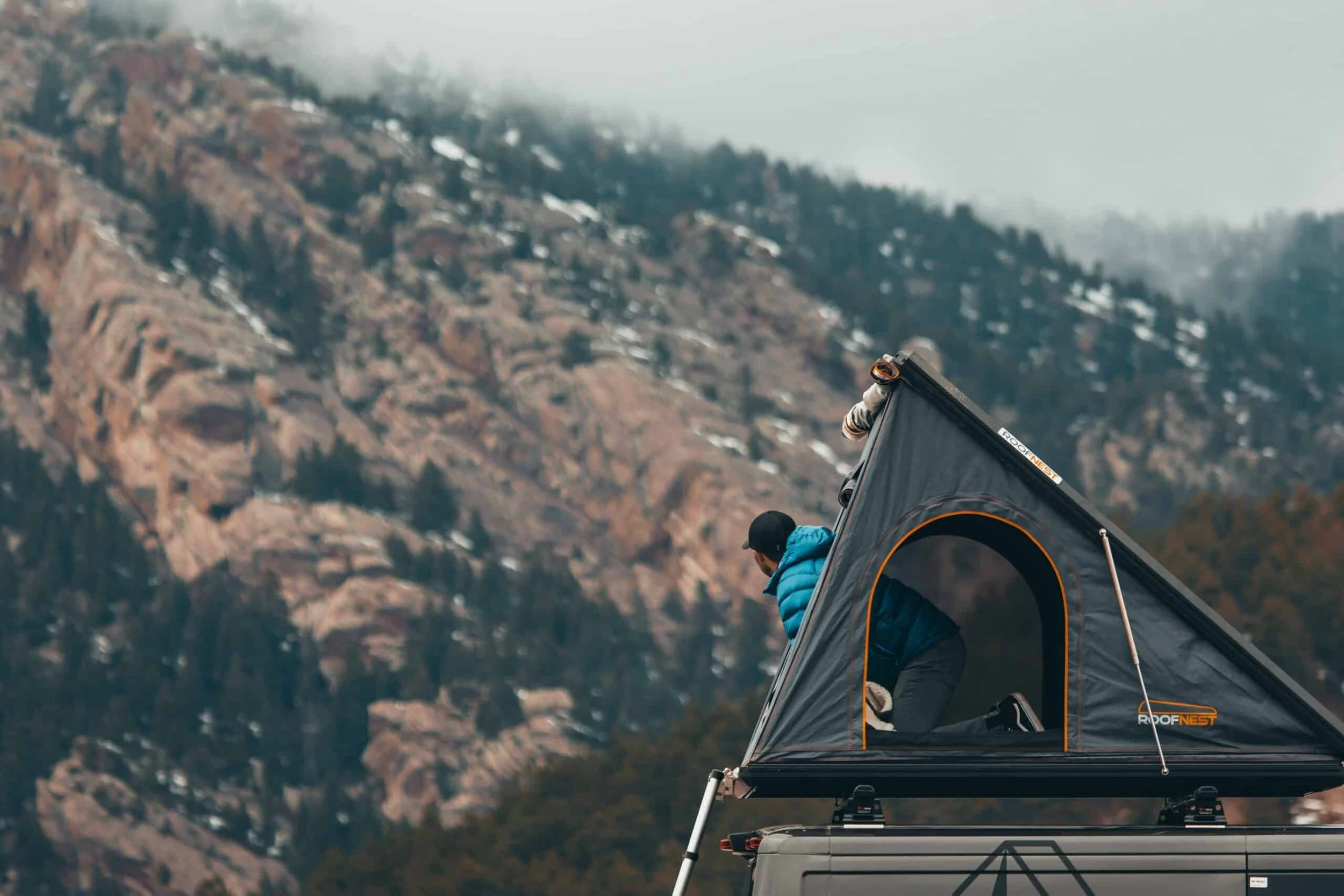We Aren't Out of the Woods
Business Insider recently interviewed us about the unprecedented boom in the conversion industry. Vans are indeed a good solution for what happened in the last months! Everybody started dreaming of a life on the road, away from their own house, away from lockdown. For example, Outdoorsy, the "Airbnb of van rentals," saw a 4,600% surge in customer requests from April to October 2020.
Good news for companies like Vanlife Customs? In the short term, yes. But let's remember that everything that goes up eventually comes back down. Right?
A HIGH DEMAND
The economic impacts of the pandemic on conversion essentials are obvious. The price of raw materials, electrical components, batteries, and RV accessories (to name a few) are through the roof, due to the increased demand. The lumber shortage itself was still generating a 288% price increase in June 2021.
"Just sell your vans at a higher price," you'll tell us? Again, that is a short-term solution but a necessary one.
Although the prices for builds are at a steady increasing rate since May 2020, the demand hasn't slowed down. At VLC, we continue to see an increase of inquiries by at least 10% even with the price of a build steadily climbing.
"Well, just sell more vans at a higher price," you'll fire back. And this is where we answer that we can't: there won't be more vans.
THE MOST IMPACTFUL SHORTAGE
While some production lines are stressed and impacted by the high demand (lumber, for example), one ultimate shortage will probably push the vanlife industry to a screeching halt: the chip shortage.
We are talking about computer chips here: the tiny semiconductors that we use in phones, computers, consoles and (you guessed it) vehicles.
The chip shortage strongly impacts every major automaker. Ford announced their second-quarter profits are short of half a billion dollars because they don't have chips. Same story with Subaru, Tesla and Nissan, who are forced to take some digital systems out of their new cars and trucks.
What a micro processor looks like. / CREDITS: Jonas Svidras, Unsplash.
WHY IS IT SO BAD?
The first problem is simple: making chips takes a long time and lots of money. You need six months and billions of dollars to maintain a continuous production line for one batch of chips.
The second problem is simple: there are only a few chip producers globally, and they're already working at full capacity. Our government is breaking deals with some producers to inject new chips into our automotive industry.
That leads to the third and more significant problem: everybody needs chips. The automotive industry, the tech industry, the home appliance industry, the health industry, and any industry that has electronics somewhere in their production line need chips.
While those industries are fighting for chip accessibility, pirates and smugglers are stealing chip shipments worldwide. Some fake chip factories are even producing fraudulent chips and selling them to smaller electronic makers.
The production of the Jeep Gladiator was stalled in July 2021 due to the chip shortage. / CREDITS: Philip Blank, Unsplash.
THE FUTURE OF THE CONVERSION INDUSTRY
The demand will eventually slow down. Combined with the potential decrease of new van lifers and the comeback of international travel in the upcoming years, things might get back to something manageable.
However, if Sprinters, Promasters, Transits, and other cargo vans become victims of the chip shortage, here's what might happen:
1) OLDER VEHICLES, SAME PRICE
We might see an increase of older vehicles entering our shop for conversions. Not bad, you'll tell us! However, the price of used cargo vans is also very high because of the demand. Shipping companies like Amazon were already buying dizzying amounts of cargo vans in 2019 (30,000 Sprinter vans) and ordered 100,000 new electric vehicles from Rivian in the following months. That means a used 2019 Promaster will average the same price as the 2021 version because they are hard to find.
2) DIVERSIFICATION STRATEGIES
Conversion companies might also have to diversify their approach. The full-build services will eventually make space for partial-build services, where our team would work on older, DIY builds and old RVs in need of love and repairs. After all, the number of builds on the road keeps increasing: someone needs to repair those at some point. We already have specialized shops for propane, small electrical setups, and other accessories. Those submarkets might evolve into something more structured.
3) TEAMING UP WITH OTHER INDUSTRIES
The tourism industry (to name that one) is always hovering around larger builders in the US. Some builders have contracts to build rental fleets, like us. Our expertise in creating and maintaining adventure vehicles could be helpful for a better rental experience, for example. With the tourism door opened, the possibilities are endless: organized tours, builder's masterclasses, basics of vanlife, outdoors masterclasses, etc. We started by building the vehicles; now, we'd teach people how to use them, make them and live in them.
Native Campervans (rentals) & Vanlife Sagas (content creation), two main VLC collaborators. / CREDITS: Vanlife Sagas.
CONCLUSION
If worse comes to worst, meaning no more vans are available or no one is interested in vans anymore, we'll find something else. The skills and knowledge in building alternative living spaces are among the most valuable things a company like VLC can harvest. If we can't invest in vans anymore, we'll invest in tiny homes, alternative office spaces or off-grid cabins.
Heck, we could rebrand ourselves BLC - Boatlife Customs.




